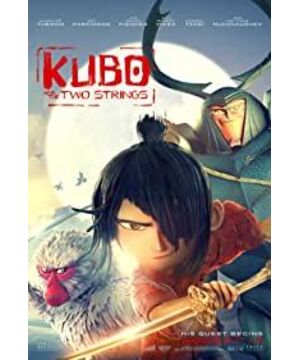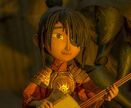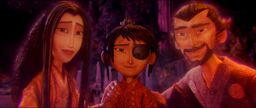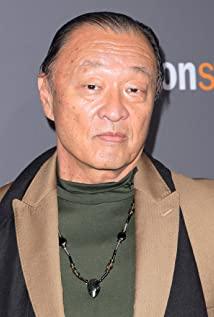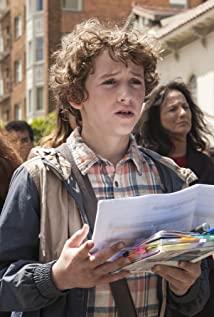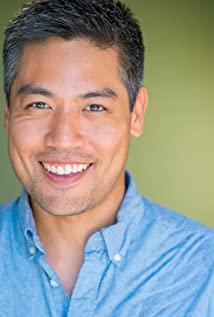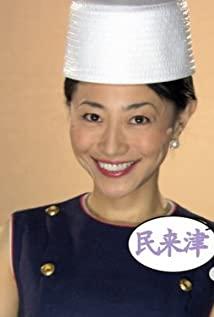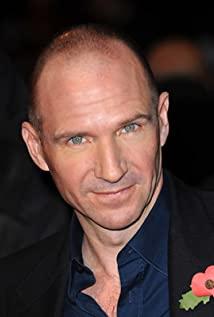Went to see "The Legend of Magic Strings" (aka: Kubo and the Two Strings) and I loved it. Beautiful pictures, beautiful music, beautiful stories, and beautiful imaginations are the best kind of animation. It would be even better if the logic was stricter.
What kind of animation is this? It has a deep Japanese cultural coat, character modeling, scene design, two-stringed piano, origami art, and the ubiquitous details in the film all reflect an oriental aesthetic. It contains extraordinary imagination. In this illusion world, the sound of the strings, the mind-controlled origami turns into samurai and birds, and maple leaves and leftover wood make sailboats. Many bridges in the movie are full of interesting imagination. He has the coat of fantasy stories, and he still talks about touching emotions and human nature, as well as the adventure and growth of the protagonist Okubo.
As a fantasy story, there are many shadows of myths in "The Legend of Magic Strings", and we can even see the shadow of Chinese mythology. The villain in the story, he is Kubo's grandfather. He hates human birth, old age, sickness and death and warm emotions. Back then, Kubo's "Tenjin" mother fell in love with his human warrior father at first sight. In addition, his grandfather felt ashamed. He turned the samurai into bed bugs and sent him to the frontier, trying to goug out Kubo's eyes and let him return to the family as a cold "god".
Kubo's father and mother fall in love directly across taboos, which is similar to the story between Dong Yong and the Seven Fairies in Chinese mythology, the Three Virgins and Liu Xiang, and the main line of the movie's story is more or less the shadow of Chenxiang saving her mother.
At the beginning of the movie, his mother took Kubo to a small village by the sea. The quiet days did not last long. My grandfather and two aunts still found here. After a head-to-head confrontation, my mother died. Before dying, she temporarily projected her "soul" on a monkey sculpture to protect Kubo from leaving. From then on, Kubo embarked on an adventure with his mother's monkey and his father's beetle. Legend has it that the samurai found his own three pieces of equipment, helmets, armor and an unbreakable sword to become powerful. .
This is a tragic story, Kubo still lost his father and mother in the end. But in fact, the road of adventure is full of laughter. Although the three did not know each other's identities for a long time, their interaction with each other always gave people warmth and joy. Disagreeing with the way of protecting Kubo, isn't it like an ordinary couple disciplining their children? They sat and ate together, and the father and son ate exactly the same way. Every detail along the way reflects the feeling of this family. Although we don't know each other, some things will not change.
It is the continuation of bloodlines, the natural outpouring of the emotional connection deep inside, and the power of memory.
Just like the final battle between Kubo and his grandfather at the end of the movie, the grandfather who turned into a giant flying insect said to Kubo that everything you love no longer exists, and everything you are familiar with has been taken away. Kubo said, no, they are still in my memory, memory is the greatest magic in this world, it makes us stronger, those memories we love and lost, as long as we keep them in our hearts, you can never take them away.
This is what moved me.
In the last battle, Kubo, who was wearing an armor, helmet and holding a sword, did not become stronger than ever before. Instead, he abandoned these foreign objects, picked up the two-string violin, and used his parents and his own hair as strings. Under the catalysis of the power of inner grief and anger , pops the fatal blow to the grandfather, which I think is the movie's greatest sublimation of some kind of emotional power.
I recommend this "Kubo and the Two Strings".
Title picture: Stills of "Legend of Magic Strings"
The last question: Why did my grandfather have to goug out Kubo's eyes?
My grandfather didn't want to kill Kubo, he just wanted to transform Kubo into the cold, arrogant, and perfect person he wanted. In my grandfather's cognition, human emotions were the power that prevented Kubo from becoming that kind of person, while eyes were the The human window to communicate emotions.
My mother told her story about how she and her father met and fell in love, it was that kind of eye contact.
You can also: not being there and being there
This is how I see the applet
If you like this article, please like and appreciate it and forward it to the circle of friends. Your encouragement is my motivation, and your silence will silence me.
Long press to identify the QR code below to follow me.
View more about Kubo and the Two Strings reviews


